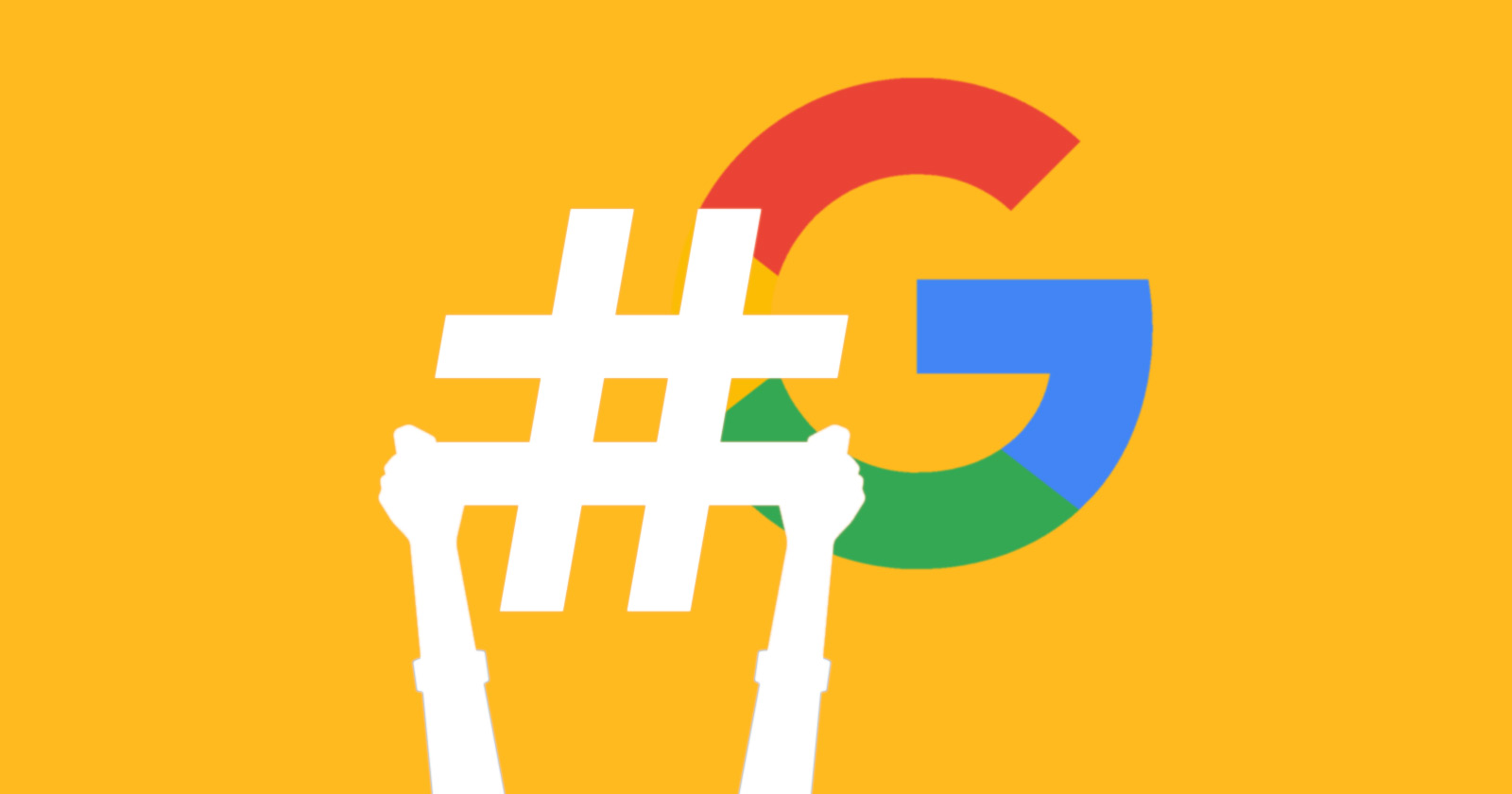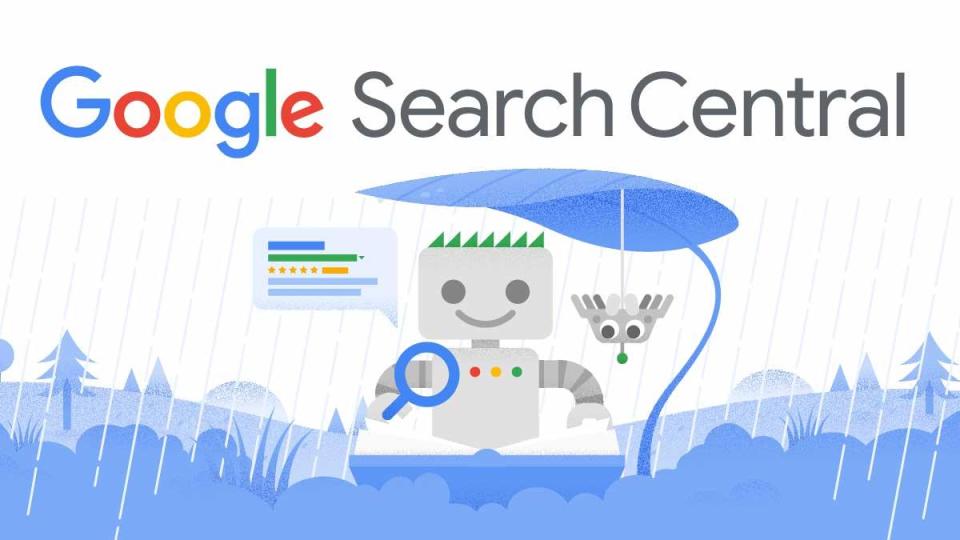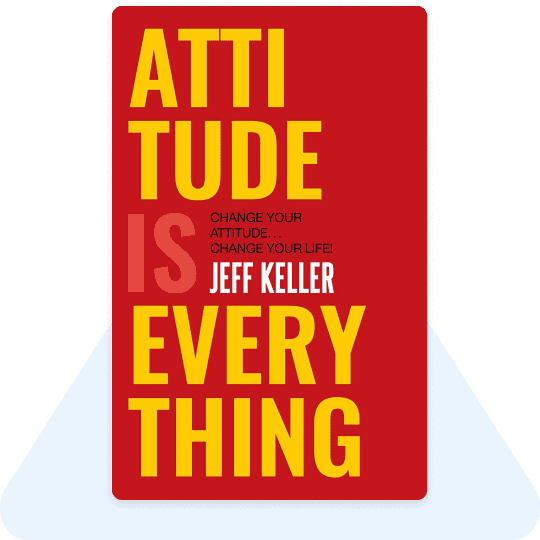- The SEOs Diners Club
- Posts
- The SEOs Diners Club - Issue #95 -Weekly SEO Tips & News
The SEOs Diners Club - Issue #95 -Weekly SEO Tips & News
Here are the weekly SEO insights for the SEOs Diners Club members.

Welcome to another insightful week with The SEOs Diners Club newsletter. Leveraging over a decade of SEO expertise, I aim to distill the week's most critical developments into a concise read that won't take more than ten minutes of your time. Let's dive into the insights that matter.
1️⃣ Why AI & SGE Means More Revenue Opportunity for SEO Agencies
Mordy Oberstein, Wix's director of SEO branding, thinks AI and SGE are creating new revenue opportunities for SEO agencies.
This week, I want to share my thoughts on how SEO agencies can create new revenue opportunities with AI and Google's Search Generative Experience (SGE). I was inspired by Wix’s Head of SEO Branding Mordy Oberstein’s below article:
At Stradiji SEO agency, we have a clear path for preparing for AI and SGE.
We manage the SEO projects of around 20 customers with a team of 3 people, using tools such as ChatGPT Plus, Semrush, Trello, and Zapier. We carry out our customers' routine tasks quickly and effectively using Custom GPTs, primarily available to ChatGPT Plus subscribers. For example, we created the Custom GPT below to print blog posts for our client Hughugoli.com. This way, we do not have to repeatedly explain our problem to ChatGPT.

According to Oberstein, automation enables focus on areas that require creativity and strategic thinking. This opens new doors for agencies that offer SEO services. I agree with this wholeheartedly.
At Stradiji, we have an elementary Trello template for SEO project management:

SEO Project Management Template
We connected Semrush and Trello via Zapier. In this way, errors resulting from Semrush scans are automatically sent to Trello as a task. Thanks to Zapier, we can create Search Console notifications specific to customer sites as a card in Trello and take action.
Spending less time on such routine tasks can free up more time to make critical strategic decisions. We can answer many customer questions through artificial intelligence-supported tools that we have previously trained based on our own experiences & know-how.
New Opportunities For SEO Agencies
Mordy Oberstein's article discusses how artificial intelligence (AI) and Google's Search Generative Experience (SGE) create new revenue opportunities for SEO agencies. In summary:
The Real Value of Automation: It is emphasized that automation enables focusing on more valuable tasks instead of simple tasks and opens new income opportunities for real professionals.
Concerns About AI and SGE: Some worry that AI and SGE will spell the end of SEO, but Oberstein points out that these technologies mean more revenue opportunities for those who offer SEO services.
Strategic Approach for SEO: It is stated that AI and SGE require SEO agencies to turn to a more strategic and comprehensive approach. This involves aligning the client's website with the overall ecosystem rather than just optimizing pages.
Prominence of Quality Sites: By separating quality sites from others, SGE reduces the opportunities to gain organic visibility. This encourages SEO agencies to develop better-quality content and strategies.
Branding and Content Production: It is stated that AI and SGE require brands to focus more on branding and original content production to differentiate themselves. Because content produced with artificial intelligence has become dirt cheap, what will make the difference in the new era will be high-quality content with human touches and reflects unique experiences, even if it is produced with artificial intelligence.
The Role of SEO Agencies: It is emphasized that agencies offering SEO services should have a broad perspective to guide their customers in an AI-driven world and prepare them for future changes. As AI content fills the web, brands must consciously create their positions, tone, and content. SEO agencies need to align with reality, not just the SERP ecosystem.
As a result, adapting to the changes brought about by AI and SGE in the SEO industry and adding value to customers is an essential task for us SEO professionals. I plan to share more on these topics next year.
2️⃣ Google Forum & QA Structured Data Update Focused On Authorship
Google has updated its structured data documentation for forum and Q&A pages, adding new authorship requirements.
Google recently updated its documentation for forum and Q&A structured data, emphasizing authorship significantly. This change reflects Google's growing interest in identifying creators in forums and Q&A pages and aligns with its broader focus on authorship signals across various types of content.
In the forum structured data space, Google clarified the InteractionCounter schema.org data type and introduced a new recommended property for the author type.
These changes hold essential clues about how Google interprets user-generated content in forums, especially the authors of posts.
Updates for Q&A structured data are more specific. Google now requires links to author profiles for those who ask questions, respond, or comment. This requirement covers three main areas: question writers, answer writers, and comment writers.
Each of these elements should contain a URL that links to a web page that uniquely identifies the author, typically a profile page on the Q&A website. Google recommends using profile page structured data for these links.
The InteractionCounter structured data type has also been the focus of these updates. This type tells Google about the frequency of author interactions. Its importance lies in the mandatory features required for eligibility in Google Perspectives and other rich search results. The final clarification in Google's documentation makes the usefulness of the InteractionCounter type more apparent, especially in documenting various author interactions.
Another significant change is the addition of the author.URL attribute to the Forum structured data grid. This feature is essential as it is a necessary element that affects eligibility for forum-related rich results in Google searches. The guide now states that this URL should link to a page that uniquely identifies the post's author, most likely the forum's profile page.
These updates aren't just technical tweaks; they shift how Google values and interprets user-generated content.
By emphasizing authorship, Google aims to increase the credibility and relevance of content in search results. This move is consistent with Google's ongoing efforts to prioritize high-quality, trustworthy content, as seen in its emphasis on E-E-A-T (Experience, Expertise, Competence, and Trustworthiness).
For SEO professionals and website owners, these changes underscore the importance of structured data in content strategy. Implementing these new guidelines can increase content visibility and credibility in Google's search results. It's a reminder that in the ever-evolving landscape of SEO, following Google's policies is crucial to maintaining and improving search engine visibility.
In summary, Google's recent updates to its forum and Q&A structured data documentation reflect its commitment to improving the quality and reliability of information presented through its search engine. By focusing on authorship, Google is taking significant steps to ensure users receive relevant but also authoritative, identifiable, and written content from reliable sources.
3️⃣ What is Headless SEO and How To Implement It?
Headless SEO refers to the specific processes required to optimize content for search engines using a headless CMS.
Advantages of headless SEO include faster site performance, better user experience, greater flexibility, and easier updating.
What Is Headless CMS?
Headless CMS is a software system that allows you to manage data for websites and applications. These systems provide an interface for storing and manipulating your data, but they don't impose any restrictions on how that data appears on the front end.
Headless CMSs allow you to separate the interface you use to store and manipulate your data and the interface you use to display your data. This will enable you to conveniently use your data across different devices and platforms. For example, you can use the same data across other devices and platforms, such as websites, mobile applications, and desktop applications.
Among the headless CMSs, the ones that are SEO-friendly are the ones that offer the features and tools necessary for SEO. For example, it can automatically generate metadata such as title, description, keyword, image, video, language, and canonical URL, which is vital for SEO, determining URLs as short, meaningful, consistent, and optimized, and quickly adjusting site map and routing settings, Headless CMSs that offer GraphQL and REST API support can be considered SEO friendly.
What Is Headless SEO?
Headless SEO refers to the specific processes required to optimize content for search engines using a headless CMS. However, headless SEO also has some difficulties.
These include technical setup, content modeling, URL management, metadata creation, sitemap creation, and routing. To overcome these difficulties, there are some points to consider when implementing headless SEO. These are:
Choosing a suitable headless CMS for Headless SEO: Pay attention to the SEO features, API support, content management, and security of the Headless CMS.
Creating a good content model for Headless SEO: The content model determines how content is structured, linked, and presented. The content model should include elements such as title, description, keyword, image, and video that are important for SEO.
Determining a correct URL structure for Headless SEO: URLs show what the content is about and how it can be accessed. URLs should be short, meaningful, consistent, and optimized.
Automatically generating metadata for Headless SEO: Metadata helps search engines understand and rank content. Metadata should include title, description, keywords, author, publication date, language, and canonical URL.
Creating a site map for Headless SEO: The site map informs search engines about the structure and content of the website. The sitemap should include URLs, update frequency, priority, and modification date.
Setting redirects for Headless SEO: Redirects direct users and search engines to new URLs if the URLs change. Redirects should be set to 301 (permanent) or 302 (temporary).
4️⃣ 6 Things That Happen When Googlebot Can't Crawl Your Website
Kristina Azarenko's experiment reveals six surprising results when Googlebot blocks a site from crawling.
An article in Search Engine Land discusses the results of an experiment in which SEO expert Kristina Azarenko blocked Googlebot from crawling the website.
This experiment highlights the importance of Googlebot crawling for websites and reveals the following results:
Favicon Removed: When Google does not crawl the site, the favicon has been removed from Google Search results
Video Search Results Affected: Video search results were significantly affected and could not recover after the experiment.
Positions Remained Relatively Stable: Overall, the rankings remained stable, with slightly more fluctuation observed in Canada.
Slight Decrease in Traffic: There was only a slight decrease in traffic.
Increase in the Number of Pages Indexed in Google Search Console: Interestingly, since Googlebot did not crawl the site, the indexing of pages with noindex meta robots tags increased. These pages are indexed because Google has to crawl the site to see these tags.
Various Warnings in GSC: Various warnings have been seen in Google Search Console, for example, “Indexed, but blocked by robots.txt” and “Blocked by robots.txt.” < /span>
These findings show how critical it is for Googlebot to crawl websites, not only for ranking and visibility but also for the overall health and performance of the site.
Considering such factors when creating SEO strategies can help websites optimize their interaction with search engines. The results of this experiment hold essential lessons for SEO professionals and highlight the importance of Googlebot crawling your site regularly.
5️⃣2024 SEO and Marketing Trends: Predictions from Moz
2024 SEO and marketing predictions from Moz experts. The rise of artificial intelligence, sustainability, SERP features, and more. Essential insights and strategies for success in the year ahead.
Moz's "2024 SEO and Marketing Predictions" article offers essential predictions for the next year from experts in the field. Dr. People like Peter J. Meyers, Tom Capper, Miriam Ellis, Chima Mmeje, and Joelle Irvine shared their insights on search, artificial intelligence, sustainability, economics, SERP features, and more.
Moz's 2024 SEO and marketing predictions include the opinions of different experts. Dr. Peter J. Meyers, Tom Capper, Miriam Ellis, Chima Mmeje, and Joelle Irvine share their views on search, artificial intelligence, sustainability, economics, SERP features, and more. Here are some prominent predictions:
Generative AI: Meyers highlights the implications of generative AI in Google's Search Generative Experience and searches in general. Quality issues with AI-generated content lead to Google's algorithmic updates.
User Generated Content (UGC): Meyers states that Google is considering adding user comments to search results, which could lead to confusion.
Personalization and Discovery: Meyers suggests that Google is moving towards a Google Discover-style approach by making search results more personalized.
Local SEO Individuality and Sustainability: Ellis touches on the importance of SEO individuality and sustainability factors for local businesses.
AI and Marketing: Mmeje predicts that AI will increase job losses in the marketing sector and marketing strategies will become more efficient.
Experiential Search: Irvine predicts that videos and community-style content will come to the fore in 2024, with constant changes to SERP features.
These predictions guide SEO and marketing professionals to be prepared for 2024 and beyond and adapt their strategies according to these changes. The article offers valuable insights to understand and adapt to the upcoming changes in SEO and marketing.
6️⃣ Book Of The Week: “Attitude Is Everything” - Jeff Keller
Jeff Keller's book "Attitude is Everything" is a work that focuses on personal development. It explains the power of positive thinking and its effects on our lives.
Jeff Keller's book "Attitude is Everything" takes you on a profound journey of personal development and motivation. Keller explains how positive thinking can transform personal and professional life. While the book takes the reader on a journey into his inner world, it offers ways to overcome mental boundaries and eliminate negative thought patterns.
This book may be essential for SEO professionals because success requires constant learning, adaptation, and creativity. As Keller emphasizes, a positive attitude and an open mind can play a significant role in adapting to ever-changing search engine algorithms and market trends. The book provides practical advice on coping with challenges, achieving goals, and advancing personal development.
In short, “Attitude is Everything” is a personal development book and an inspiring guide to developing resilience against the challenges encountered in professional life and achieving success. In this period of intense competition in the SEO world, Keller's teachings can be an excellent resource for keeping motivation high and developing a positive perspective.
I hope you enjoyed this week's SEOs Diners Club.
See you next week for a new episode of SEOs Diners Club full of further information, tactics, and strategies...
Have a great week, and goodbye!
Best,
Mert Erkal
👋 Hey there, SEO enthusiasts! Are you enjoying the insights from my newsletter? Why not fuel the creativity behind the SEO magic? ☕ Click here to 'Buy Me a Coffee, and let's keep the SEO wisdom flowing! 🚀






